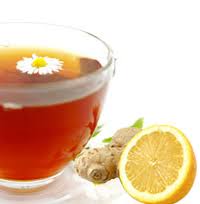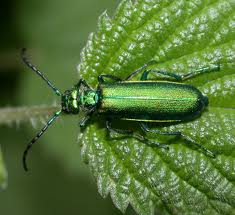Home Remedies for the Common Cold
Nothing is more annoying and weakening to your body than the onset of the common cold. It can begin with a sore throat, congestion and overall feeling of discomfort. You may suffer from a higher than normal temperature, headache and loss of appetite. The intensity of suffering also depends upon your health and the weather. Mom’s homemade chicken soup has been used for generations to successfully alleviate the symptoms of a cold, but there are other home remedies that are also effective. Some include:

- Vitamin C – Taking Vitamin C on a regular basis will help to prevent the common cold. If you already have a cold, take large doses of this vitamin to lessen the symptoms and shorten the time you’re ill.
- Watch your diet – Drink plenty of liquids – especially fruit and vegetable juices. Avoid foods with starches, cheese, meat and eggs, but eat lots of vegetables, fruits, seeds and nuts.
- Ginger Tea – Hot tea made from ginger root, leaves and a bit of sugar added to hot water is an excellent remedy for a cold. It soothes the throat and helps to reduce fever.
- Lemon – Loaded with Vitamin C, lemon juice helps the immune system to resist all illnesses and decreases the toxicity of the common cold. Squeeze the juice of one lemon into a glass of warm water (and a spoonful of honey) to realize the best results.
- Garlic – Contains oil and beneficial antiseptic qualities that help with respiratory problems and also flushes toxins from the body. Make a soup by boiling about four cloves of garlic in a cup of water – or use garlic oil and ingest it two or three times per day.
- Apple cider vinegar – An effective remedy for a stuffy nose associated with the common cold. Prepare a solution of equal parts of apple cider vinegar and water. When the solution begins to boil, lean over the pan and inhale the fumes.
Environmental factors such as dust or pollen in the air and drastic changes in temperature have a lot to do with the likelihood that you’ll catch the common cold. How healthy you are can also be a determining factor in how susceptible you are to catch a cold. You can also be more at risk if you’re tired, depressed or suffer from depression or sleep deprivation. Keep healthy habits such as a balanced diet, plenty of sunshine and rest and relaxation and you’ll be much more successful in keeping the common cold at bay.
 Butter for Burns
Butter for Burns